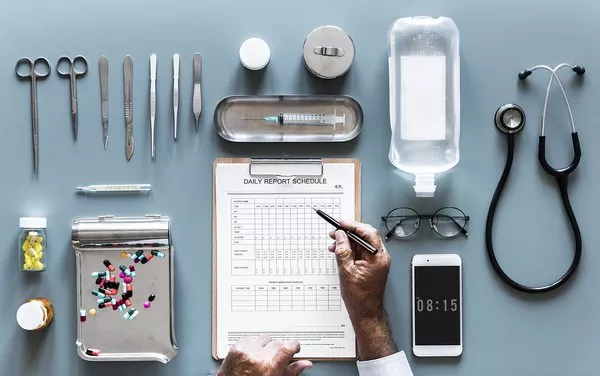Prebiotic sodas like Poppi and Olipop have gained popularity due to their claims of promoting gut health with fun flavors such as Cherry Vanilla and Orange Cream. These beverages contain prebiotics, dietary fibers that aren’t digestible by humans but can nourish beneficial gut microbes, according to Hannah Holscher, an associate professor of nutrition at the University of Illinois Urbana-Champaign. Unlike probiotics, which contain live microbes, prebiotics are fibers that support existing gut bacteria.
However, nutrition experts argue that special sodas are not necessary for these benefits. Foods naturally rich in prebiotic fibers—such as garlic, onions, peas, beans, lentils, grains, and certain fruits—can effectively nourish the gut microbiome. Marion Nestle, emeritus professor of nutrition at New York University, emphasizes that a high-fiber diet from various foods is sufficient for maintaining prebiotics.
Inulin, the primary prebiotic fiber in these sodas, is derived from plants like agave or chicory root. The fiber content in prebiotic sodas varies: Poppi’s Orange Cream flavor contains two grams of dietary fiber, while Olipop’s Strawberry Vanilla offers nine grams. The U.S. dietary guidelines recommend 28 grams of fiber daily for a 2,000-calorie diet, a target many Americans fail to meet.
For optimal fiber intake, experts recommend consuming a variety of fiber-rich foods. These foods not only provide fiber but also essential vitamins, minerals, and phytochemicals unique to plants. For instance, a medium apple, a cup of cooked broccoli, and a cup of steel-cut oatmeal each contain five grams of fiber, while a half cup of lentils and a cup of raspberries each provide eight grams. These whole foods offer diverse fibers, supporting different gut microbes and overall gut health, according to Dr. Holscher.
Foods and beverages with added fibers can help meet fiber goals, with small studies linking prebiotics to healthier gut linings, improved insulin sensitivity, and increased satiety. They may also alleviate constipation, although evidence is mixed, and some studies find no benefits.
Dr. Holscher notes that at least three grams of prebiotic fibers are needed to see benefits, with around 12 grams of inulin required for constipation relief. However, increasing fiber intake too quickly can cause digestive discomfort. Inulin fiber, found in prebiotic sodas, can cause gas and bloating in doses as small as one to five grams. Those with irritable bowel syndrome (IBS) may be particularly sensitive to these effects, as inulin and other prebiotic fibers are FODMAPs, which can exacerbate IBS symptoms. Additionally, while these sodas have less added sugar than traditional sodas, the sugar they do contain may still aggravate IBS symptoms, according to Dr. Sean Paul Spencer, a gastroenterologist at Stanford University.
The most effective way to support the microbiome, Dr. Spencer advises, is through whole foods while limiting sugar, processed foods, and emulsifiers, which may harm gut health.
Poppi sodas also contain apple cider vinegar, which some studies suggest can lower blood sugar levels when consumed before a meal. However, the quantity of vinegar in these sodas might not be sufficient for such effects, notes Carol Johnston, a professor of nutrition at Arizona State University. Olipop’s ingredients include plant extracts like calendula and nopal cactus, whose health benefits are uncertain due to limited research.
Dr. Nestle concludes that while prebiotic sodas are unlikely to harm, they also probably offer limited benefits. For those concerned about their microbiome, she recommends focusing on vegetable consumption, which can significantly improve gut health.
Related topics:
- AHA discusses impact of Change Healthcare cyberattack at Wall Street Journal event
- Study Links Plant-Based Ultraprocessed Foods to Heart Disease and Early Death
- Healthcare software firm Waystar raises $968 million in IPO


